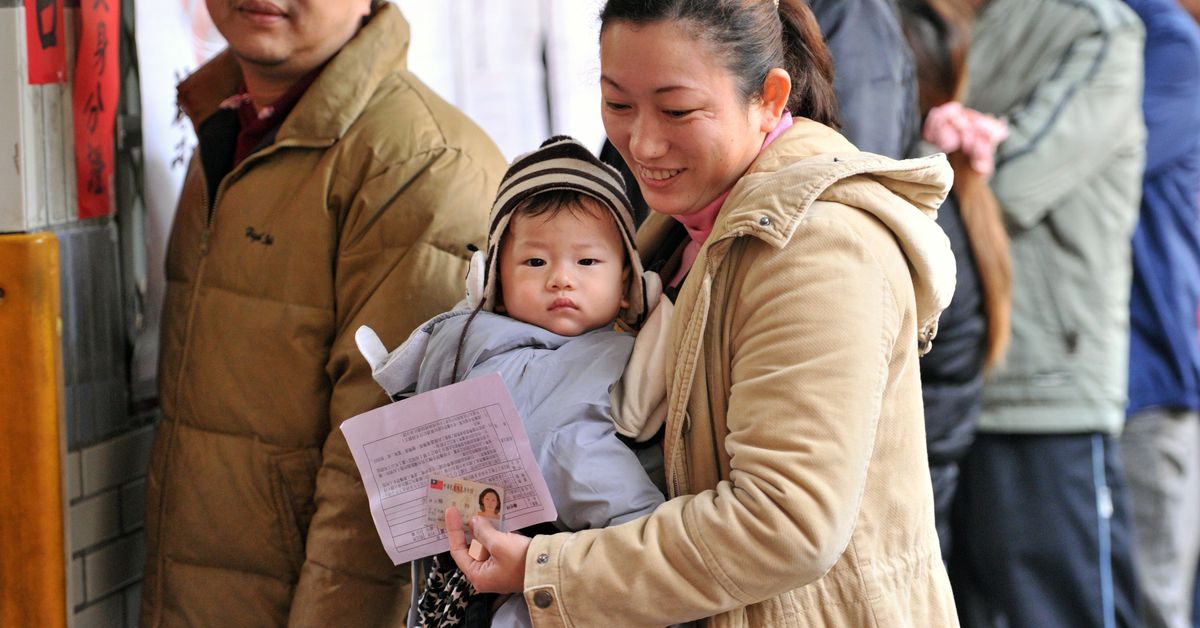These countries tried everything from cash to patriotic calls to duty to reverse drastically declining birth rates. It didn’t work.
…
If history is any guide, none of this will work: No matter what governments do to convince them to procreate, people around the world are having fewer and fewer kids.
In the US, the birth rate has been falling since the Great Recession, dropping almost 23 percent between 2007 and 2022. Today, the average American woman has about 1.6 children, down from three in 1950, and significantly below the “replacement rate” of 2.1 children needed to sustain a stable population. In Italy, 12 people now die for every seven babies born. In South Korea, the birth rate is down to 0.81 children per woman. In China, after decades of a strictly enforced one-child policy, the population is shrinking for the first time since the 1960s. In Taiwan, the birth rate stands at 0.87.



We had vast universal childcare during the commie period where I grew up. That made it possible for two working parents to have children. The population grew steadily throughout the whole period, until the fall of the regime. It’s been in free fall since then.
IMO it’s better to have a parent taking care of their children–I’m agnostic on whether that should be a mom or a dad in a traditional heterosexual, nuclear family–because that seems to help children develop better emotionally. Childcare in general is more impersonal. BUT the system that your country had under communism is still better than what we have in the US right now.
Anecdotally, I loved child care. I preferred being among other children heck of a lot more than being at home with my parents. It might be good for the parents as well to be on equal footing instead of one being the “breasmaker.” That introduces a natural power imbalance in the relationship which you have to struggle to not let become detrimental.